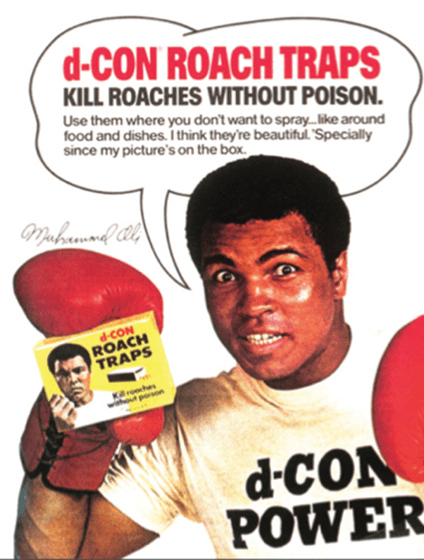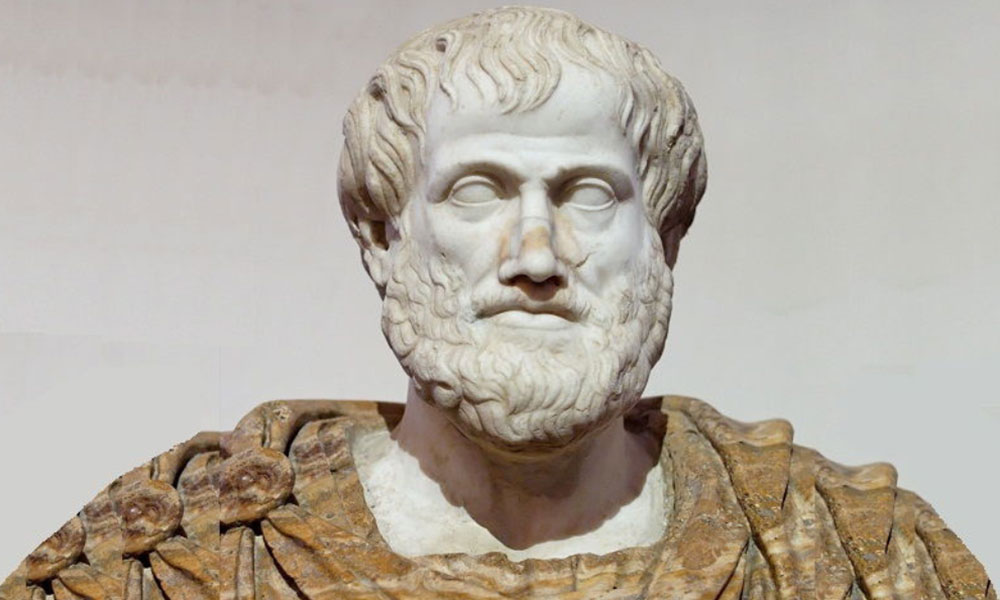Advertising and marketing are, ultimately, all about telling a story in the most compelling and persuasive way possible.
From print to digital, from full campaigns to the humble press release, it’s all about telling your brand’s story in a way that will affect and move your audience.
Persuasion matters. How then can we create persuasive work, that will effectively take your customers on a journey and invest in your brand? Thankfully, we have one of the all-time experts on rhetoric to help provide some answers.
Enter Aristotle, the Greek philosopher and all-round genius whose breadth of knowledge influenced an incredibly diverse mix of subjects. As a child, he was nicknamed “The Mind.” As an adult, he tutored Alexander the Great. Now – despite being dead for well over two millennia – his thoughts and works still profoundly shape the way we think, from science and ethics through to psychology and law.
And, on top of all that, he wrote Rhetoric, a text that still holds profoundly useful advice for marketers today. In particular, his three “modes of persuasion” – ethos, pathos, logos.
In this blog, we’ll look at each of those three modes of persuasion and the relevance they have to the marketing world, along with tips for bringing each aspect to life.
Ethos
This loosely translates as “character” and is where we derive our modern word – ethics – from. In short, ethos is all about how credible you are as a messenger. Is your brand one that people can trust? After all, what use is telling a well-honed and compelling story if those listening already think you to be an unknown entity or worse, a liar.
How do you build that credibility? The good news is that if your brand is established, you’ve been doing this already. The more familiar your audience is with your brand identity – and, crucially, the more you’ve proven that you can deliver on the promises you make – the more they’re likely to trust any of your future marketing.
Cultivating trust is an ongoing process. It starts with formulating a coherent and consistent brand messaging platform. Next, you and your colleagues can weave that language through every aspect of your business, from advertising through to your social media presence.
This is personal branding in action, and what helps establish ethos. (Oh, look at that, we’ve spoken about this very topic before.)
One other way that brands evoke ethos is through use of an expert or celebrity endorsement. That’s why we often see big stars appearing in ads that don’t particularly relate to them (well, the reason they appear is for the gigantic sum of money they get. Rather that’s why brands are willing to pay for those celebrities to do that.)
This isn’t a sure-fire tactic, of course. Advertising has a bizarre history of celebrities holding up products that have little or nothing to do with them, some of which look bizarre and surreal to modern eyes. But to quote part of Murphy’s Laws of Combat Operations: “If it’s stupid but it works, it isn’t stupid.”

In agribusiness and animal health, it’s rare to use a celebrity to advertise a product. After all, what do most famous people know about farming? There is still a way that we can – and should – create ethos here though. Expert voices and testimonials that speak to your product or service’s strengths in the language of your target audience will be powerful indeed.
Pathos
Pathos is all about emotion. It’s where we get the word “pathetic” from, though the meaning has obviously changed over time.
We’ve previously spoken about how emotion in advertising can make your marketing memorable, but it’s worth restating: we are, at heart, creatures driven by emotion. Facts and logic play their part, but how a product or service makes us feel – or could potentially make us feel – is what makes us pull the trigger.
Charity ads and safety campaigns are the most obvious examples of this, for understandable reasons. To break through the noise of modern life and provoke donations and actions, they must make the problem they’re addressing feel stark and viscerally real.

The emotions we play on don’t have to be negative though. For example, imagine an animal health product that helps protect cows against a particular harmful parasite. One path you could take is highlighting the damage this parasite can do through grisly shots of its effects if left to wreak havoc. However, you could also show cows that are healthy and happy – visualising a herd that has stayed productive and free of the parasite’s grasp, a future that’s possible for all who take the appropriate precautions.
Forget about what your product or service does. Think about how it makes your customer feel. Can you evoke that emotion through your advertising and marketing? If so, you’re already a lot of the way there.
Logos
Just to be clear: this isn’t about the pictorial “logo” and is pronounced differently (first syllable rhymes with “fog”, second with “moss”), though that word does stem from logos.
Logos is all about logical evidence and facts. Here is where head rules over heart. If you have statistics or results to show off, that’s logos in play.
At its most basic, we’ve seen ads for beauty and health products that carry a full endorsement from industry professionals.

Facts need to have meaning, however. Precision matters. Saying your product or service benefits the customer is too vague to persuade anybody. If you can improve results, say by what percentage. If they can expect a particular benefit, lay out exactly what that would look like. Otherwise it just looks like an opinion – and that’s not very logos.
This is exactly where your single-minded proposition should be at the forefront. (You do have one, don’t you? If not, we can take you through it.) Define what you offer that no one else can and make it clear.
As an ongoing project, take the time to collate and preserve any case studies that showcase your brand and tell a compelling story.
Bringing it all together
Ethos. Pathos. Logos.
Three elements, but not mutually exclusive. The ideal piece of advertising will combine all three. In fact, the perfect campaign will have each of those elements working in synergy.
Aristotle did not work in marketing, as multi-channel communications hadn’t quite taken off yet in Ancient Greece and Aristotle himself was busy laying the foundations of Western philosophy and thought. Despite that, his work on rhetoric and persuasion has great value to a modern audience.
For your next ad campaign, bear the modes of persuasion in mind.
Are you speaking with an authoritative voice and letting the right people speak for you? Ethos
Are you evoking emotion and creating a genuine response in your audience? Pathos
Have you provided precise and relevant facts that will support your message? Logos
Get those three in harmony and you can create something wonderful.
Ready to dig deeper and let your brand thrive? Get in touch.





